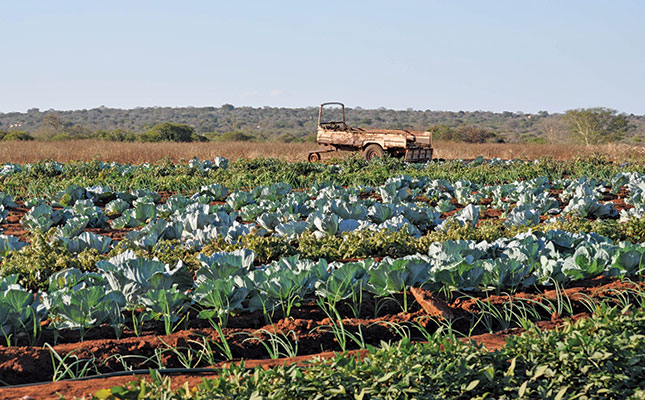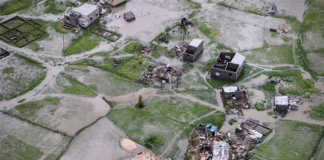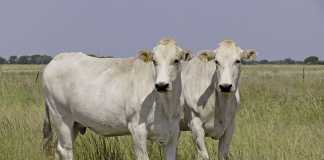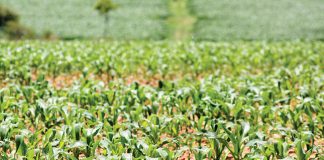
According to Rwanda’s Ministry of Agriculture and Animal Resources, the ban is aimed at preventing the spread of listeriosis to that country.
“Meat, milk and dairy products, vegetables and fruit imported from South Africa are effectively banned until listeriosis is no longer [found] on South African soil,” a statement by that country’s agriculture and animal resources minister, Geraldine Mukeshimana, said.
According to the statement, hotels across Rwanda import an average of 2,4t of beef from South Africa every month. The country also imports about 60t of fruit, including oranges, apples, kiwi fruit, pears and grapes, annually.
Meanwhile, the National Institute for Communicable Diseases (NICD) in South Africa reported a further increase in the confirmed cases of listeriosis across the country.
According to a report by the NICD, as of 3 January, a total of 717 laboratory-confirmed listeriosis cases have been reported to the NICD since July last year. Most cases have been reported in Gauteng (61%), followed by the Western Cape (13%) and KwaZulu-Natal (7%).
The NICD stressed that the source of the outbreak was still not known and it was therefore uncertain which food products may be implicated, but cases will continue to be investigated.
Farmer’s Weekly’s attempts to obtain comment from the Department of Agriculture, Fishery and Forestry (DAFF) about any other countries that are considering a ban on produce from South Africa, were unsuccessful.













